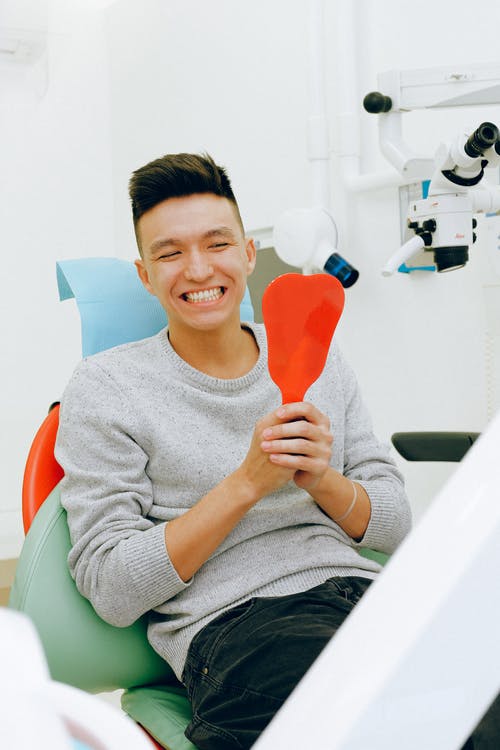Home » Sleep Apnea
Alexander Visot, D.D.S.
Cosmetic Dentist & Implant Dentist located in Woodland Hills, CA
Each year, more than 200,000 people suffer from sleep apnea, spending countless nights tossing and turning then waking up exhausted for work or school. Dr. Alexander Visot diagnoses and treats this troublesome condition right from his Woodland Hills, California office. He can also correct this issue with oral surgery so you can get the peaceful sleep you need and deserve. To learn more about this condition and treatment options, call or use the online booking tool to set up a consultation with Dr. Visot today.
Sleep Apnea Q & A
What is sleep apnea?
Sleep apnea is a potentially serious sleep disorder, and it’s surprisingly widespread.
If you have sleep apnea, your air passageway struggles to let air into your lungs while you sleep, which causes your breathing to stop and start throughout the night. This condition makes it impossible to get a good night’s sleep.
The most common symptoms of sleep apnea include:
- Loud snoring
- Waking up throughout the night
- Waking up with a dry mouth
- Headaches in the morning
- Daytime drowsiness
- Difficulty concentrating
- Irritability
Many of the signs and symptoms stem from not getting enough rest and being unable to focus or stay awake during the day.

What causes sleep apnea?
Blockages in your air passageway usually cause sleep apnea. When your throat muscles relax too much during sleep, it can create a narrower airway, which causes you to choke or snore in your sleep and wakes you up.
Enlarged tonsils are also a common cause of a blockage that affects your airway during sleep. Even children can suffer from sleep apnea.
Other factors that increase your risk for sleep apnea include:
- Being male
- Being overweight
- Having a family history of sleep apnea
- Having a smaller than average airway
How do you diagnose sleep apnea?
Dr. Visot evaluates you at his office to diagnose sleep apnea. He asks you questions about your sleeping habits and performs a thorough physical examination.
In some cases, he refers you to a sleep specialist or provides you with a home sleep test you can use to measure drops in your blood oxygen flow while you sleep. The readings from those tests help determine whether or not you have sleep apnea.
How do you treat sleep apnea?
Once you receive a diagnosis, Dr. Visot treats sleep apnea with an oral device custom-fitted for your mouth and jaw to widen your air passageway while you sleep.
In other cases, he offers oral surgery to reposition and realign your oral structures, which clears your airway more. He recommends the best treatment option for you.
If you fear you might be suffering from sleep apnea, call or use the online booking tool and set up a consultation with Dr. Visot today.


